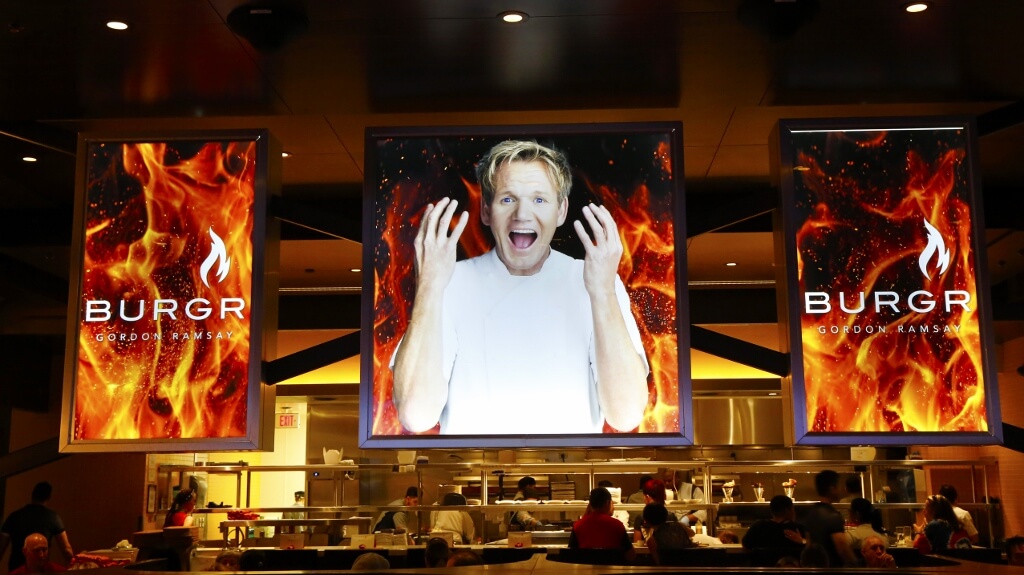Has Reality TV Ruined Leadership?
Businesses fail when managed like they are on TV shows.

Have the stars of the world’s favourite scripted reality TV shows had a long-term effect on our understanding of how leaders should behave?
Let’s have a look at some prominent examples:
- Gordon Ramsay, famous for his offensive language and aggressive manner when beating chefs around the kitchen.
- The investors – sorry, dragons – from Dragons Den, who regularly turn even proficient founders into seemingly bumbling idiots through hostile and intimidating behaviour.
- Patti Stanger, CEO of Millionaire Matchmaker – stay with me here – who constantly blows hot and cold on her staff, acting like their best friend when she wants something, and then firing them if they don’t immediately deliver.
This is how the public is shown that notable business leaders should behave, but this is far from what a good leader looks like.
In fact, I’d suggest that the businesses behind the personality would never succeed if they were run that way. ‘Scripted reality’ shows are for entertainment, after all!
But there are deeper repercussions here because while some of us have been lucky enough to work under fantastic leaders and therefore understand what a good leader looks like, a lot of people haven’t.
So when we see so-called successful businesspeople in the media, it’s tempting to believe that this is how a good leader behaves, and how a successful business is run.
In that context, perhaps the rise of Trump isn’t such a surprise. A TV showman shows us the behaviours we’ve grown to accept as ‘good business practice’ via scripted shows and media stunts, and thus instils confidence in the electorate. The numbers continue to elude us when it comes to Trump, because tax returns pale in significance against his public image.
And if people can’t tell the different between what a scripted leader looks like and what a true leader looks like, then we’re in for a world of trouble down the road.
If you start blurring the very important line between fact and fiction it’s not just businesses that are affected, but an entire society. A society where people can no longer differentiate between facts and “alternative facts”, where a voice that’s loud and aggressive becomes more aligned to public feeling than a voice that’s reasonable and compassionate.
So how do we re-educate the public and redefine the line between truth and lies?
If the people in power, the leaders of the free world, are not willing to speak up and show the value of integrity and truth, then we must start in business. Because businesses, just like societies, are built from people.
You can only have a successful company if honesty, transparency and fulfilment of promises lie at its foundation. And that attitude isn’t just about keeping your clients happy – it’s about an organisation’s culture.
If your staff advocate the morals your company was borne from, this will show through the relationships they form with your clients, as well as with each other. And as with a trickledown effect, these morals will continue to spread to their wider network of peers, clients and family members. Changing an industry culture, and eventually a social culture too.
While the rest of the world describes the current landscape as post-truth, let’s as people, businesses and communities, remind the world why truth and facts are so important, and why lies and “alternative facts” should not only be called out but also reprimanded. Let’s show the leaders of the free world what leading really looks like.
Thanks for signing up to Minutehack alerts.
Brilliant editorials heading your way soon.
Okay, Thanks!



